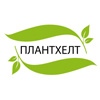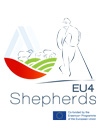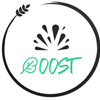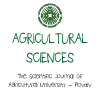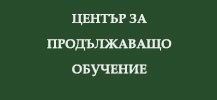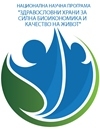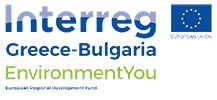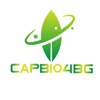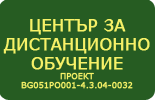Statistics (for specialty “Agricultural tourism”)
Statistical knowledge is an important source of analytical information and, at the same time, an instrument of making adequate management decisions at all levels, from individual enterprises specialized in tourism to state governments in the regions and the country.
The use of the methodological foundations and the applied aspects of Statistics is an essential element of the professional training of the students in the specialty.
The aim of the course is to acquire knowledge about the cognitive nature of the statistical approach in studying the mass phenomena and processes occurring in the tourism sector and in particular in agrarian tourism, on the set of suitable methods, techniques and techniques for statistical analysis as well and skills for their application in empirical studies of specific sites in the field of tourism.
The course introduces students to the essence and problems in basic topics from the theory of statistics. The main summarized characteristics of the empirical and theoretical distributions are presented. The methodology of the sample surveys is prepared as well as the theory of statistical conclusions, the methods of analysis of connections and dependencies, trends and regularities in the field of tourism as well as the cognitive nature and applied importance of economic indices.
In practice, the capabilities of embedded statistical functions of MS Excel are used.
The thematic content of the lecture material is in line with the specifics of the specialty and is combined with numerous practical applications in the field of agricultural tourism.
 - Events on the occasion of the 75th anniversary of AU
- Events on the occasion of the 75th anniversary of AU